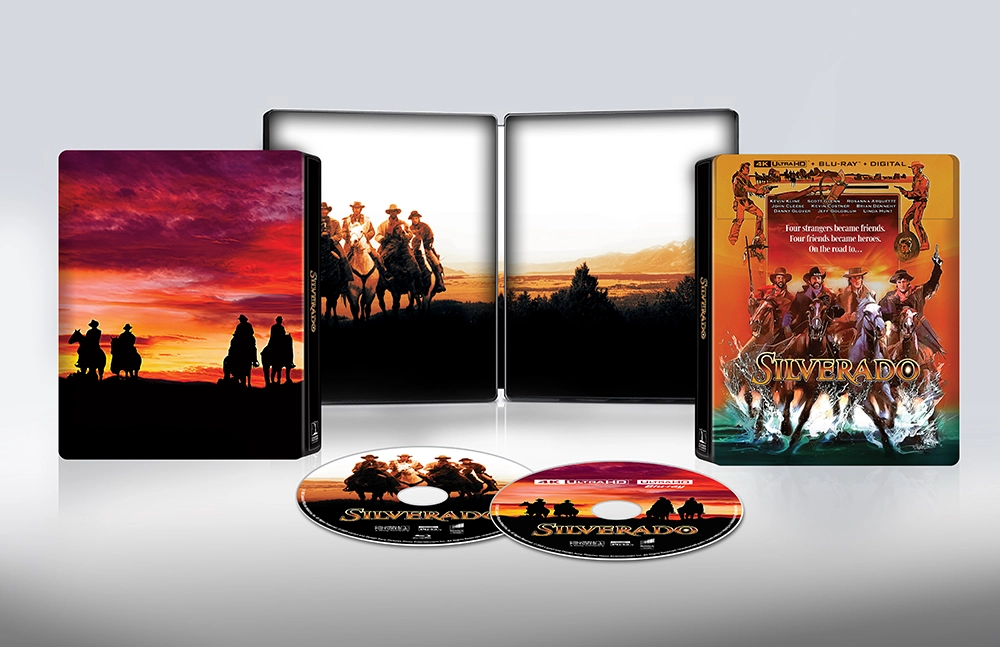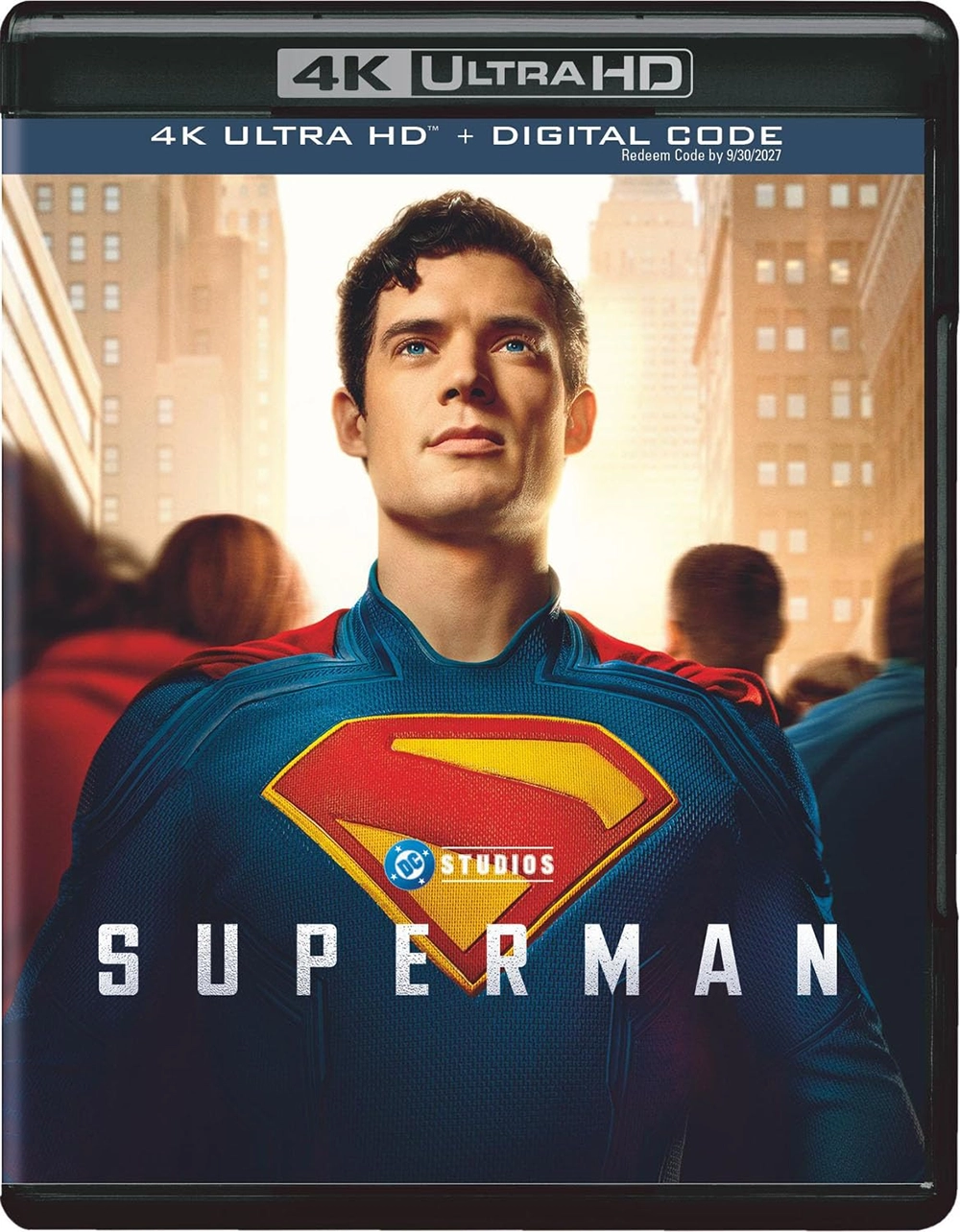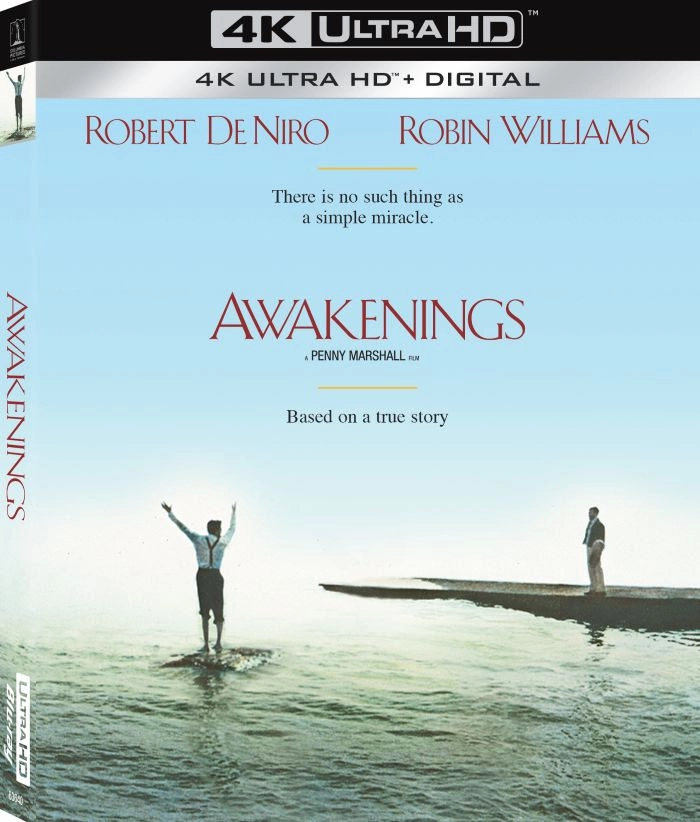 It would be easy to say it’s all in the genes for Rosanna Arquette.
It would be easy to say it’s all in the genes for Rosanna Arquette.
As the eldest child of a pair of actor/directors as well as the eldest sibling of a now firmly-established Hollywood family, it only seems natural that she would have grown up to be an accomplished actor and director in her own right.
But the road to the present has been about much more than genetics for the accomplished actress. The impact she’s made on countless films, including Crash, The Whole Nine Yards, as well as with the role of Jodi, the wife of drug-dealer Lance in Quentin Tarantino’s modern classic Pulp Fiction (which debuts on Blu-ray this Tuesday) is only part of the whole that has been her life and career.
In more recent years, she’s made her mark as a documentarian with the 2002’s Searching for Debra Winger, a documentary about what it truly means to be a woman in the male-centric Hollywood universe.
In conjunction with the Pulp Fiction Blu-ray release, Rosanna took a few minutes to talk with TheHDRoom about how acting, directing, and the intangibles that surround all of us have made her who she is.
What attracted you to Pulp Fiction?
Well, first of all it was the screenplay. For its time it was pretty magnificent. You knew that Quentin was a great writer already from the things he had done, and it was just very groundbreaking. I mean, it was actors like John Travolta, Bruce Willis, all these people working for scale; we all did favored nations and way lessened our price just to be in that movie. It was in so many ways a type of movie that hadn’t been done before, and it hooked all of us.
Quentin’s known for being an encyclopedia of film lore. Were there ever times that he would talk your ear off about movies or roles that you had either forgotten about or just never gave much thought to?
Not so much during filming, but not long after Pulp Fiction he and I were on the jury together at a film festival, and that was probably the first time we ever just hung out, and it was so much fun to just hang around with him and listen to what he has to say. You name an actor, and he’ll talk for hours about every bad TV show they ever guest starred on, and it’s fun to be around someone who’s as passionate about things as Quentin.
It’s been said by some (including Quentin) that Jodi’s a character that gets pushed around a lot – I’ve always looked at her not necessarily as submissive but rather just generally annoyed that all this crap is going on in her house in the middle of the night. How do you look at Jodi?
She was just kind of crazy. (laughs) At that moment in the movie, the character I was playing was a crazy shrew, and she’s really stuck in the middle of the storm, where she usually is, just trying to keep it all together.
I just thought her to be kind of fed up with her existence and the whole situation she was in. She’s living with a drug dealer, there’s constant comings and goings, she always has to be on edge – I just saw in her that she’d just had enough. The character gave me the impression that she’d be walking out on Lance before long.
In that scene, I would argue that, even though Uma gets her little funny line in with “Something,” your character’s last line (“That was fuckin’ trippy”) is what allows the audience to breathe easy again; it breaks the tension. She’s very much the point-of-view character for the audience. Do you even consider that sort of thing while you’re working, or do you just try to deliver lines and make them real?
I try to never think in moments like that. I really try to stay in the moment and not think too hard about the outcome or where it’s going. I knew we were doing something special just from the energy of it all and the way Quentin works.
We really rehearsed it like a play, so there was almost no need to think when we were out there actually doing it.
We rehearsed that scene for a good week, and there was something great about that, because you could find your moments. You could find the things that did work or that didn’t work, and by the time the cameras were rolling, we had gone through all our choices, and we were able to just do the work. It was really quite freeing.
What were some things you took away from the experience of Searching for Debra Winger?
I took away that it might be time for part two. (laugh)
I just loved connecting with all this women, and it’s been great to see where they’ve all gone now. Diane Lane had just finished a flick with Richard Gere … Faithful? Is that what it was called?
Unfaithful.
Unfaithful! She had literally just wrapped that movie up two days earlier, and look at what she’s doing now. It was just great connecting with those women and knowing that we’re all asking the same questions and that we’re all trying to figure it out. It’s all about balance, and in a business like this, it’s hard to find sometimes. That’s forever been my tightrope.
But what I’ll always keep from that project is the connections. I mean, I’m heading to Atlanta with Jane Fonda on Monday. I took friendships away from that movie.
You got a lot of input from your interview subjects specifically on how there really aren’t that many great roles for women. Not that you didn’t already know that, but have all those different perspectives in any way colored the way you evaluate a potential role?
I think the way women have been perceived in film has changed a lot since we made that film. I mean, just look at television. There are a lot of strong, powerful women on television now, particularly on cable.
You know, we raised these questions in that film almost 10 years ago, and you can see how things are changing. Now you have a movie that was written for a man, and Angelina Jolie does it. Salt was written for a man, but there’s Angelina Jolie kicking ass. And this year there was Zoe Saldana in Colombiana kicking ass, and that’s all just so cool.

How was the transition to directing?
Directing is really kind of where my focus is going. I’ve got a film I’m supposed to be directing, but those things take time. Developing a movie is all about back-and-forth; it falls apart, it comes back together, that kind of thing. It’s a grueling process, but I do love doing that. I realize my perceptions have really changed over the years when – I mean, Diane Lane just did her movie for HBO (Cinema Verite) and it just blew my mind.
There was a time I might have thought, “I would love to be in that!” Now my thought kind of goes to “I want to direct that!”
Even though what you were doing was a documentary, were there any tricks of the directing trade you’ve picked up from all those years on a set?
A lot of what you learn from really great directors is to have trust. People like Martin Scorsese are very sought out, and that’s because when he’s filming, he trusts his actors and their instincts completely. When you go against that the work becomes harder.
Would you ever consider directing a dramatic presentation?
Yeah, that’s kind of the thing I was talking about earlier. I have something – it’s kind of a dramedy, you know, that’s funny but carries some real dramatic weight – that I’m working on. That’s what I’m focused on. I actually really want Quentin to see this. I think he’ll like it a lot – really dark and really twisted.
It can just be tough getting around to things like that, though. I mean, I have a teenager. She’s in high school, so I haven’t been leaving town for long periods of time for a while. It’s weird, but as much as you’ve always got to be around when they’re newborn, you’ve really got to be around when they’re a teen. It all goes back to that balancing act.
Searching for Debra Winger in many ways began years ago when you saw The Red Shoes – what are some other works (be it a film or a play or a book) that you feel were a big part of shaping you as a person?
I’d say the biggest part of shaping me was my mother’s activism and just being around music as much as I have been. Just growing up in the time that I did, during the 60s and the 70s, had just a profound impact on me. It was just a revolution in terms of people really caring about what was going on around them in a much more powerful way.
There were changes being made, and I’m so glad I got to experience all that. My mom marched with Martin Luther King, and we went to peace marches against the Vietnam War. Those things were really important in my life. I think that shaped me more than anything.
And also just being around incredible artists, musicians, people who live in a very creative place was and still is a big part of who I am.
The works that shaped me, though. I’m not sure I can boil it down to just film. The Beatles, Patty Smith, Neil Young, Radiohead.
But as far as films go, Children of Paradise is a great film. And Harold and Maude. I love Harold and Maude.
And there’s inspiration in what’s going on now. I’m really getting to this place of absolutely loving cable television, and the work being done on Showtime and HBO, it’s exciting. Laura Dern’s a really good friend of mine, and her show Enlightened just amazing.
But when you boil it all down, my biggest inspirations for me in my life I would really say have been Jane Fonda and my mom. That’s what inspires me, and that’s what I aspire to.
Pulp Fiction arrives on Blu-ray on October 4, 2011.
Special thanks to Rosanna Arquette and Click Communications for working with us on this interview.


